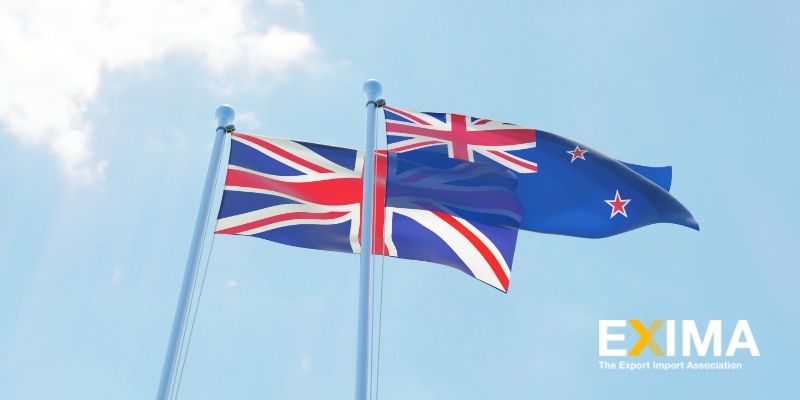In October 2021, Britain's Prime Minister Boris Johnson agreed on a new trade deal with New Zealand’s Prime Minister Jacinda Ardern via video call. The deal, which is said to benefit consumers and businesses in both countries, will also protect the traditional Māori war dance - the Haka. The clause, which came as a surprise addition to the free trade deal, seeks to protect the dance from cultural appropriation, banning the performance of the dance in the UK by everyone except those who are Māori.
Cultural Appropriation of the Haka Must End
New Zealanders, 16% of whom are Māori, have increasingly expressed their concerns over the cultural appropriation of the traditional haka dance. In recent years, the name of the dance has been used for a Canadian energy drink brand and danced by non-Māori celebrities such as the Rock and Jason Momoa as red carpet entertainment. There is even talk of a “space haka” dance being incorporated into James Cameron’s Avatar sequels.
In Britain, the cultural appropriation of the dance, which has a complex and meaningful history, has become increasingly problematic. Parodies of the dance continue to be used for commercial purposes, having been appropriated to sell products from men's clothing to alcopops. This commercialization has occurred without any permission granted from the traditional owners of the ritual dance. British rugby fans have even created their own versions of the dance, such as the one seen during the 2017 British & Irish Lions tour in New Zealand, where 20 Lions supporters created a parody where the meaningful verses of the dance were replaced by “eeeeh by gum” and “where’s me whippet.” These performances do not maintain the integrity of the dance, which has influenced the decision to introduce a clause in the new free-trade deal that now means the dance is prohibited in the UK, only to be performed by Māoris.

The Trade Deal
The trade deal will not only serve to protect the integrity of the ancient dance that has traditions in Maori legend, but it will also foster £2.3 billion of trade between the two countries and make imports of key New Zealand items, such as wine, honey, kiwi fruits, and lamb, cheaper for the UK.
Meanwhile, the Labour and the National Farmers Union (NFU) have voiced concerns that the deal could harm UK farmers. However, these doubts were addressed by International Trade Secretary Anne-Marie Trevelyan, who said that the deal “affords opportunities in both directions for great sharing of produce.”
UK exporters of goods such as clothing, ships, and bulldozers will benefit from a reduction in tariffs, and UK professionals such as lawyers and architects will find it easier to work in New Zealand.
While a very small portion of UK trade, less than 0.2%, is done with New Zealand, the deal is significant as it brings the UK one step closer to joining the Comprehensive and Progressive Agreement for Trans-Pacific Partnership (CPTPP), of which New Zealand is a member. It is believed that the deal between the two nations will help the UK’s application to the CPTPP.
Learn More with EXIMA News
Come check out the rest of our News Page today to learn more about current events!









